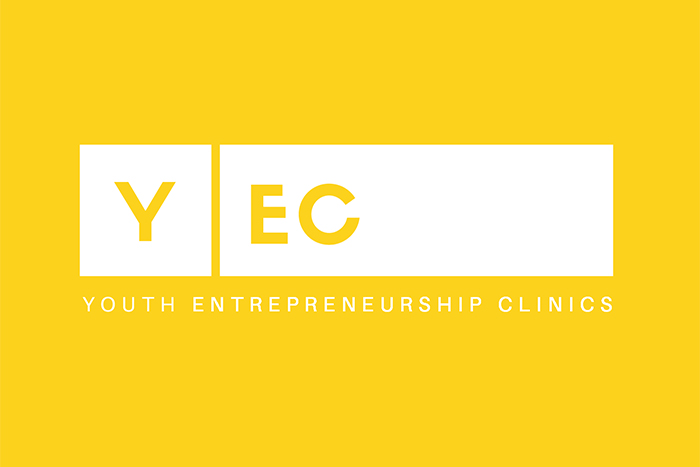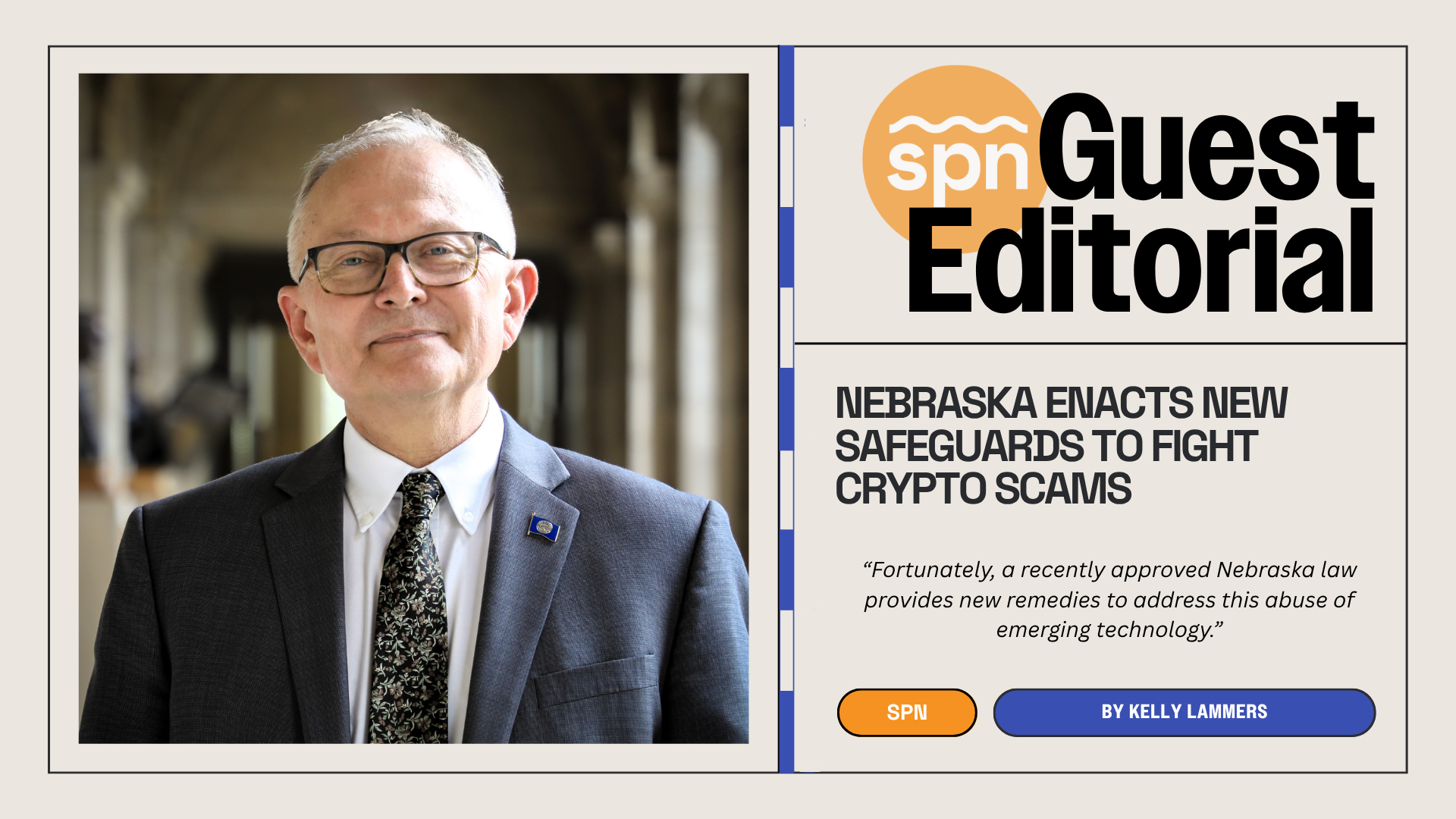Increasing attention is being paid to identifying and nurturing entrepreneurial talent at the high school level. The Youth Entrepreneurship Clinics (YEC) at the University of Nebraska-Lincoln is one such initiative designed to equip high school students with an entrepreneurial mindset and STEAM (Science, Technology, Engineering, Arts and Math) skills.
“What’s most important is that we are solving meaningful problems,” said Surin Kim, Project Director and Entrepreneurship Specialist. “The business community is really excited to devote their time to engage with students.”
One driver for the initiative is to encourage more young people to stay in Nebraska.
“A lot of bright young people are the ones who leave the state,” Kim said. “We created this program to increase the social connection between businesses and youth in a different engagement framework.”
An initial pilot program was conducted with fourteen high school students in four rural Sandhills communities during 2017. Project staff conducted research during the pilot to better understand rural entrepreneurship.
“One thing I noticed in rural areas is that they don’t have a lot of exposure to startups,” Kim said. “There is very little understanding about entrepreneurship.”
Businesses in each community presented a challenge to the teams, one from each community.
“The challenges were growth related, how to increase awareness and expand customer segments beyond their geographical area,” Kim said. “Students came up with marketing plans. They had to understand customer research and check out competitors.”
Kim said business perceptions of the students changed when solutions were presented and tested.
“I’m not sure they thought youth could come up with a social media campaign,” she said. “One suggestion was to target high school alumni associations. They come back every year.”
The students also benefit from mentoring by undergraduate students from the Engler Agribusiness Entrepreneurship Program at UNL.
“The Engler students can give the high school students some ideas on a more scalable way of doing business,” Kim said. “They get exposed to entrepreneurship in a larger sense.
YEC has now initiated a cohort in Lincoln with several business partners and local high school students.
“We kicked off a twelve-week engagement with YEC,” said Carlos Estrada, Managing Director of Lincoln’s NMotion Accelerator. “Our challenge is that we want more people to know about NMotion. We think they have a solution to that problem.”
Teams self-selected the business partner they wanted to work with. Following the kickoff event, teams have weekly checkpoints with their partner to ask questions and seek clarifications.
“They need to understand who we are and what our context is,” Estrada said. “They need to come up with a solution using some sort of tech.”
Nelnet is another business partner that has presented a challenge to students.
“We have over 6,000 employees in multiple locations and interestingly, we don’t have good photos of employees that can be viewed by other employees,” said Chuck Norris, Nelnet Managing Director. “With offices in more than 20 cities, not knowing what people on other floors, buildings, and offices look like has caused confusion. We also believe that it is preventing us as a company from being as innovative and collaborative as possible, so we asked the students to help us find a solution.”
Norris is impressed with what he’s seen from the students so far.
“We’ve been very impressed with the group of students, who asked thoughtful, detailed questions when we presented the challenge,” he said. “We believe this type of program is awesome for the students, schools, and community, and I am excited that we have the opportunity to participate. Education is always more interesting when you can immediately apply what you are learning to real-world problems.”
Estrada is excited by the potential of this generation of students.
“The Internet has empowered groups like Generation Z, and what excites me is that whatever they build will have coming trends built in there,” he said. “Their perspective and behaviors, and the fact they are digital natives, are driving some of the trends.”
Lincoln is the current focus of the program, but there are prospects for expansion.
“We chose Lincoln to closely observe what’s going on between businesses and high school students,” Kim said. “We’re having interest from Wyoming, which is exciting. I do believe in a scalable business model.”
––
Rod Armstrong is Vice President of Strategic Partnerships for AIM in Lincoln, Nebraska. He is a regular contributor to Silicon Prairie News.






